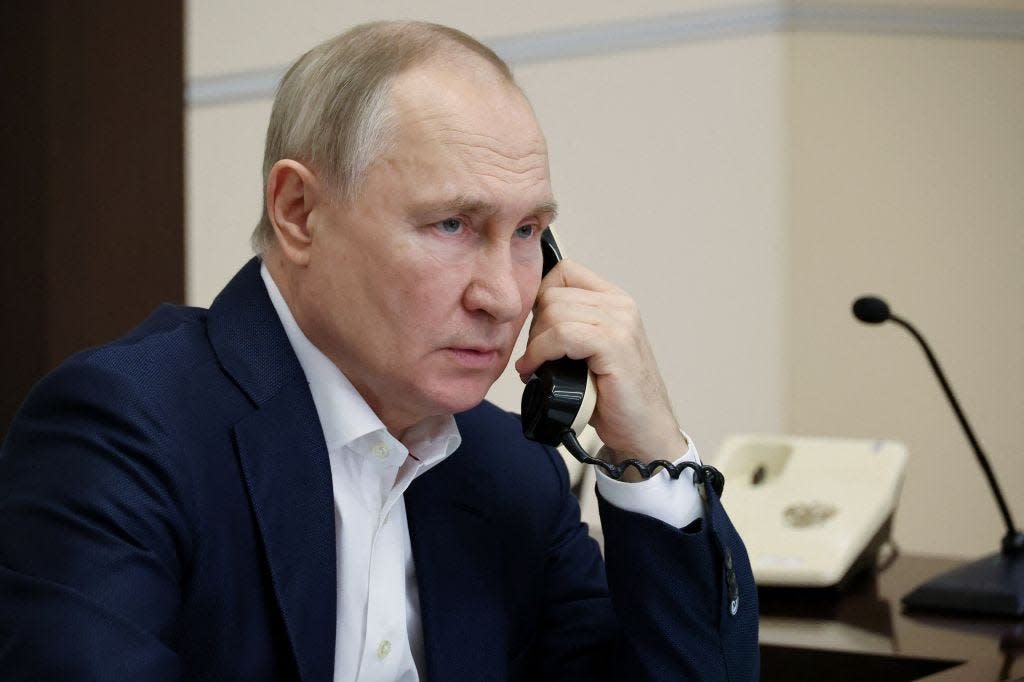Price caps on Russian fuels could range from $45 to $100 with EU diplomats set to begin negotiations, report says

The European Union is considering a price cap of $100 per barrel on Russian diesel, according to Bloomberg.
Meanwhile, a price cap of $45 a barrel is being weighed for Russian fuel oil.
The price caps would coincide the EU's upcoming ban on refined products from Russia that will take effect on February 5.
The European Union is weighing various price caps on refined Russian oil products that will coincide with a new embargo due to take effect in a week and a half.
Starting on February 5, the EU will stop importing Russian fuels. At the same time, the EU plans to bar other countries from accessing insurance and shipping services unless they abide by the price cap.
EU officials are considering a cap of $100 per barrel for Russian diesel and a cap of $45 a barrel for Russian fuel oil, sources told Bloomberg.
EU diplomats will meet Friday to begin negotiations, the report said. Member countries must unanimously agree on a price point for the cap, which the G7 will ultimately need to approve too.
Similar to the EU's December ban on Russian crude and accompanying price cap, the idea is to avoid a massive price spike by maintaining the flow of fuels to global markets while also limiting the revenue Moscow can earn and apply to its war on Ukraine.
A diesel price cap of $100 per barrel would be high enough to still keep ample supplies on the market, the report said. That would represent a steep discount to European benchmark diesel prices, which were around $130 a barrel on Thursday.
However, Russian diesel is already trading at a discount, meaning the price cap's impact on Moscow's revenue could be limited.
But either way, the EU will no longer buy Russian fuels, setting off a reshuffle in global trade.
Once the EU cuts off Russia, it will likely start sourcing more diesel from the Middle East and the US, according to Bloomberg. And Russia is expected to shift sales from the EU to Latin America and Africa, which currently are served by the Middle East and the US.
Read the original article on Business Insider

